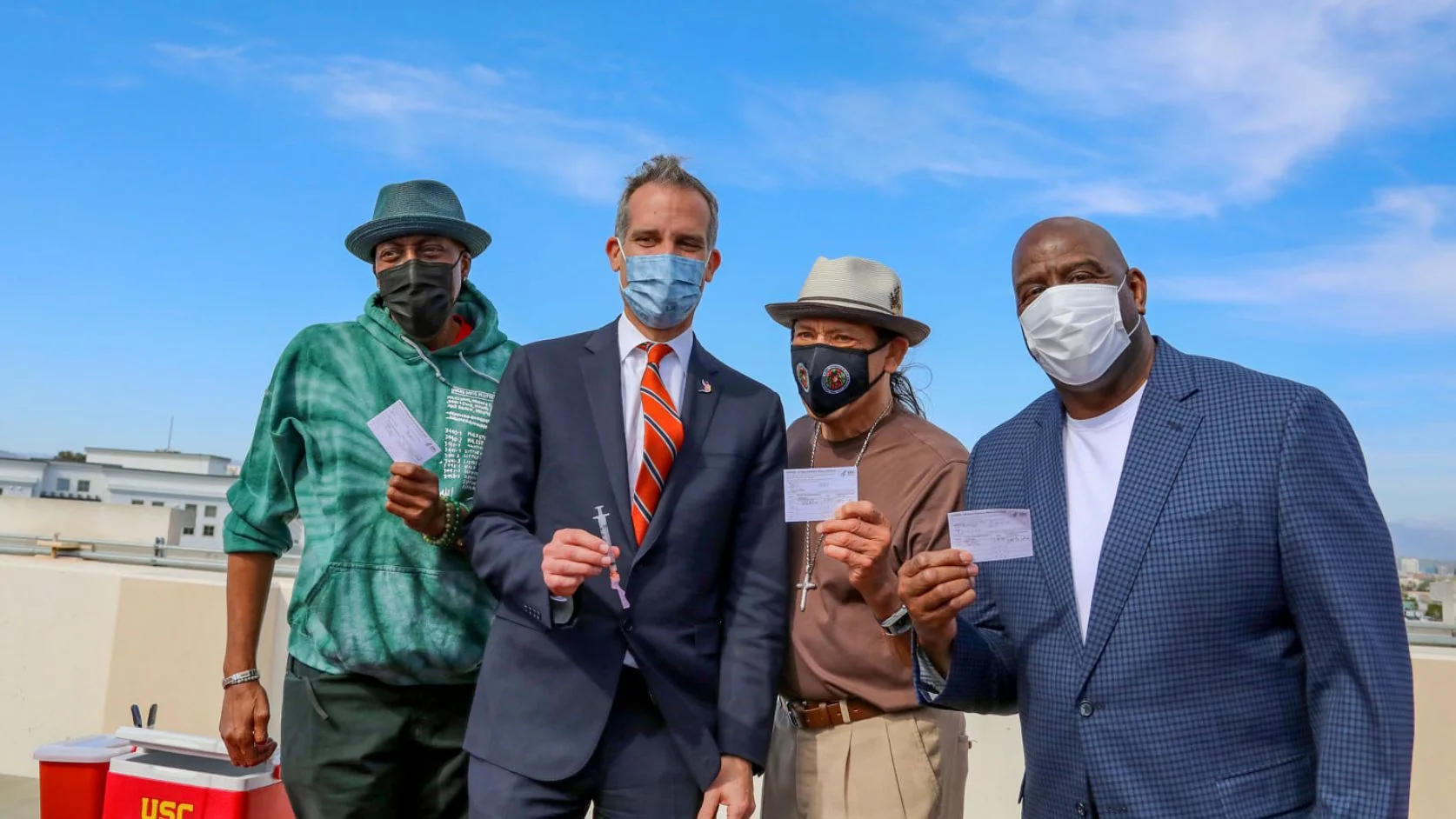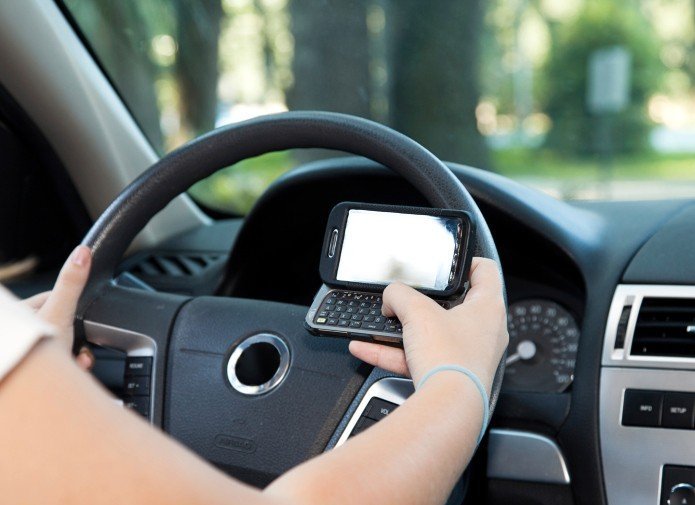The state is taking aim at non-essential travel amid an uptick in COVID-19 cases and hospitalizations across the country.
Gov. Gavin Newsom and state public health officials issued a travel advisory Friday morning, asking anyone arriving in the Golden State after recreational travel to self-quarantine for 14 days. This comes after California just reported a “sobering threshold” of 1 million coronavirus cases.
This advisory includes Californians returning home after traveling outside of their home state and visitors from elsewhere who are arriving in California. Travelers are asked to interact only with their immediate household.
The advisory does not apply to those who are traveling for work, school, medical care, health, safety and security, and economic services and supply chains, state officials said in the advisory.
Travel can be particularly risky on airplanes, buses, or rail systems shared with others, officials said.
“Californians are encouraged to stay home or in their region and avoid non-essential travel to other states or countries,” the advisory states. “Avoiding travel can reduce the risk of virus transmission and bringing the virus back to California.”
The advisory comes as California reaches one million COVID-19 cases, “with no signs of the virus slowing down,” Newsom said in a news release.
“Increased cases are adding pressure on our hospital systems and threatening the lives of seniors, essential workers and vulnerable Californians,” he said. “Travel increases the risk of spreading COVID-19, and we must all collectively increase our efforts at this time to keep the virus at bay and save lives.”
Some 18,000 deaths in California have been linked to the coronavirus, state data show.
Oregon and Washington also issued similar travel advisories Friday. In Washington, COVID-19 cases have doubled over the past two weeks, said Washington Gov. Jay Inslee in the news release.
“If you do not need to travel, you shouldn’t. This will be hard, especially with Thanksgiving around the corner,” said Oregon Gov. Kate Brown in the news release. “But the best way to keep your family safe is to stay close to home.”





